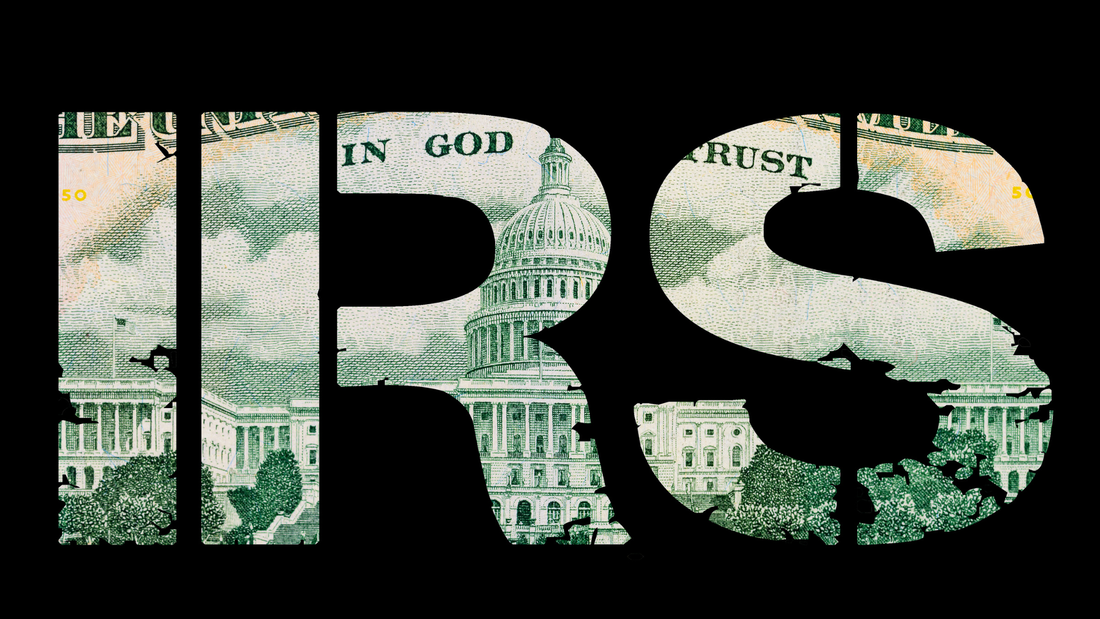|
The Buckeye Institute, a public policy institute in Ohio, is challenging a long-standing federal law that requires the IRS to demand that nonprofit institutes hand over the identities of their largest donors.
The think tank’s case against IRS collection of sensitive, personal data from Form 990 Schedule B rests on a solid foundation of precedent and practice. Similar measures at the state level, from Alabama to California, have already been stricken by the U.S. Supreme Court on First Amendment grounds. The bedrock principle regarding donor privacy and the First Amendment was established by the Supreme Court in 1958, when it struck down a State of Alabama requirement that the NAACP reveal its donors. That potential for compelled disclosure would almost certainly have led to “harassment, economic reprisal, and physical harm” – danger enough for the Court to act to protect the First Amendment. That reasoning carried through to 2021 when the Supreme Court struck down a California requirement for compelling donor disclosure for nonprofits. Though the California Attorney General promised to keep this private information under lock and key, the state had already compiled an impressive history of accidental disclosures and vulnerability to hackers. In the majority opinion, Chief Justice John Roberts noted early on “that it is hardly a novel perception that compelled disclosure of affiliation with groups engaged in advocacy may constitute as effective a restraint on freedom of association as [other] forms of governmental action.” Protect The 1st added at the time that the disclosure of donor information would be doubly dangerous in the era of flash-mobs, doxing, and cancellation of careers. In Buckeye’s favor as well is the IRS’s long history of failing to protect taxpayer information. In late September, federal prosecutors charged a former IRS consultant, Charles Littlejohn, with the crime of stealing and releasing the tax returns of thousands of Americans between 2018 and 2020. The IRS also had to pay out millions of dollars in settlements to nonprofit organizations who suffered increased scrutiny like Buckeye, and had their confidential applications for tax-exempt status released to the press. In addition, the IRS has repeatedly fallen victim to external data breaches due to inadequate security. The Buckeye Institute is mounting a long-needed challenge to a law that threatens to intimidate free expression. The chilling implications of this IRS statute on the First Amendment alone should be enough for the court to rule in Buckeye’s favor. Comments are closed.
|
Archives
June 2024
Categories
All
|
ABOUT |
ISSUES |
TAKE ACTION |



 RSS Feed
RSS Feed